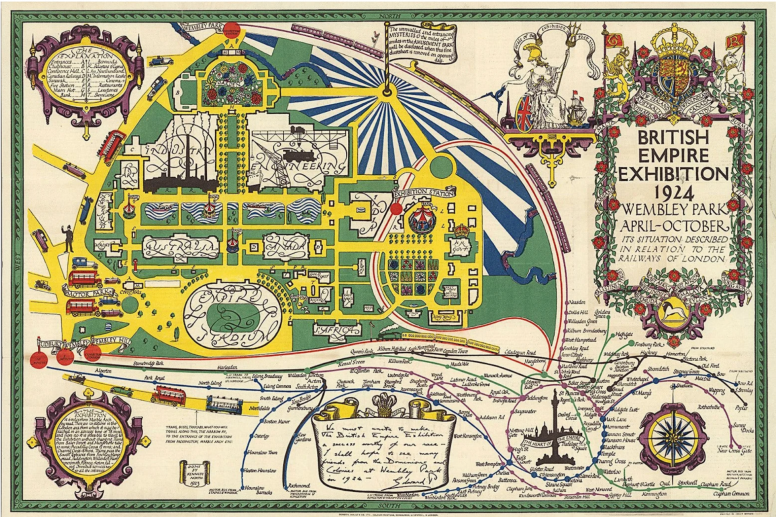What We're Reading This Week

Marc Reyes, University of Connecticut
Dexter Fergie, How American Culture Ate the World, The New Republic
Tibetans who followed the Chicago Bulls (or the “Red Oxen” as they are known in Asia) and cheered on Michael Jordan. American movies that dominate foreign box offices. Canadians knowing more about US history than their own national history. How did US culture come to dominate global culture and why is it such a one-way path? To answer these questions, PhD student and New Books Network interviewer Dexter Fergie reviews Sam Lebovic’s new book, A Righteous Smokescreen: Postwar America and the Politics of Cultural Globalization. Fergie finds Lebovic’s argument convincing that US policies in the mid-twentieth century set the stage for an American cultural takeover. US support for the “freedom of information” took many shapes including the overseas proliferation of American publications, cinema, and music especially rock and roll. Fergie claims while many works have examined how the US exported more cultural works, he states that Lebovic’s book is a broader work plus it also asks and answers why the US imported so little in return.
Priya Satia, One Tool of “Critical Thinking” That’s Done More Harm Than Good, Slate
Usually, a high school freshman’s history homework does not make the news. But if the assignment asks students to consider the pros and cons of imperialism, then it’s only a matter of time before it goes viral. But this incident is not isolated, it is increasingly common as schools try to offer “balance” toward difficult subjects and show both sides of issues, even if a balance-sheet approach requires teaching the “good” parts of oppression and subjugation. Historian Priya Satia, a scholar of British imperialism, writes that instructors and students are often receptive to the folly of trying to the “benefits” of controversial topics, but certain U.S. state governments (especially for lessons on racism or slavery) as well as foreign governments, like the United Kingdom (regarding the teaching of its empire), insist using this approach to teach critical thinking schools. Does this approach actually enhance these skills or give those involved the opportunity to whitewash difficult history? When teaching about empire, how can educators enhance analytical skills instead of promoting an unapologetic national nostalgia and the tyranny that served as its foundation?
George Perkovich, An Optimist Admits That It Is Difficult to See a Path Forward, Arms Control Association
“Optimism is a virtue when working in the nuclear policy field,” writes longtime nuclear strategist and nonproliferation scholar George Perkovich. And for Perkovich, his optimism is running low. After over two decades of nuclear tests, wars, and political upheaval, Perkovich worries that it is “extremely difficult to see a path forward on arms control” or cooperative security agreements between the world’s nuclear powers especially the United States, China, and Russia. To Perkovich, there are many good proposals to bring the world back from the nuclear brink, but he argues that as long as the nuclear powers remain internally dysfunctional, it reduces the chances of diplomats and other policymakers working together to address disagreements and reduce conflict. Countries need to be willing to talk and compromise but right now, that willingness is in short supply.